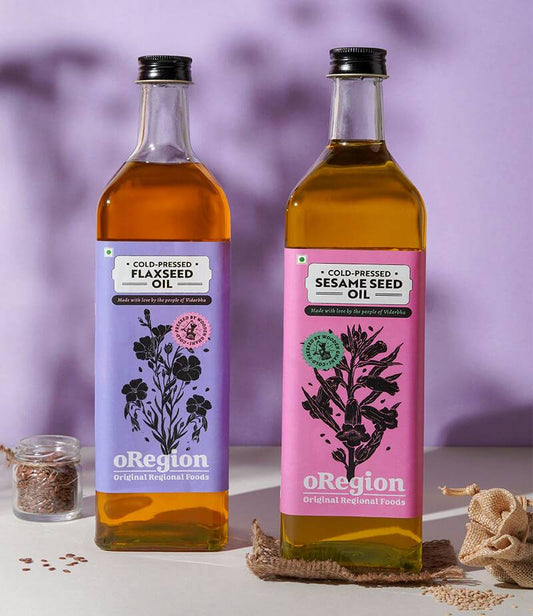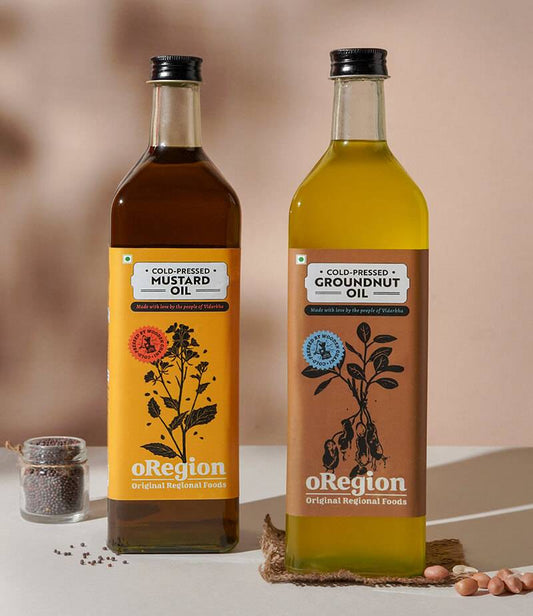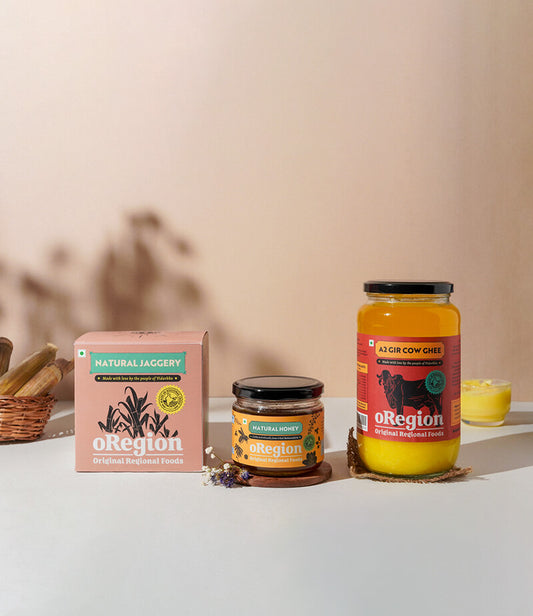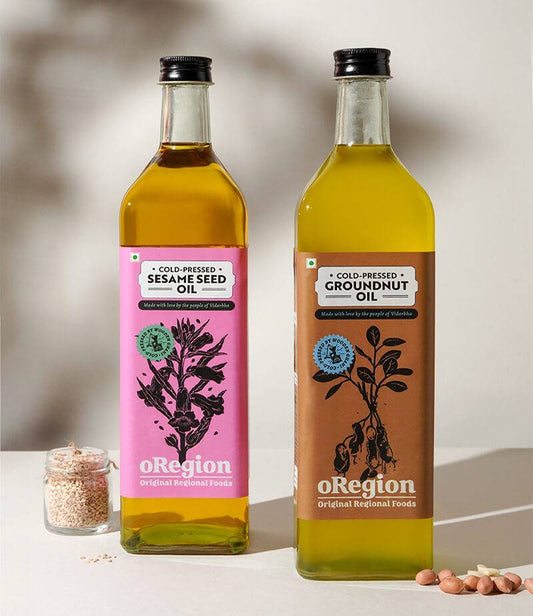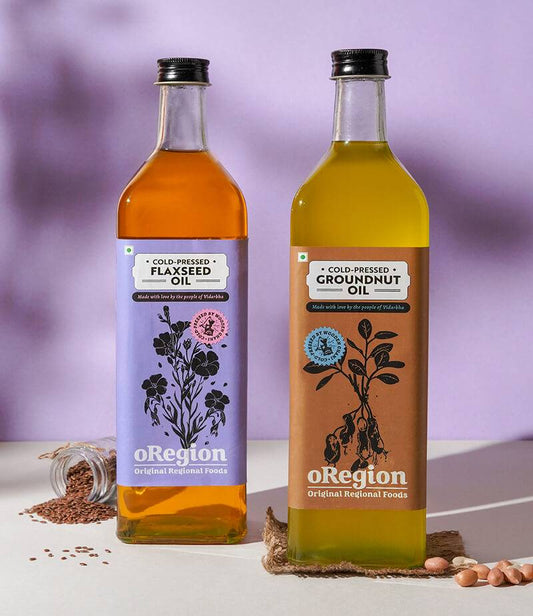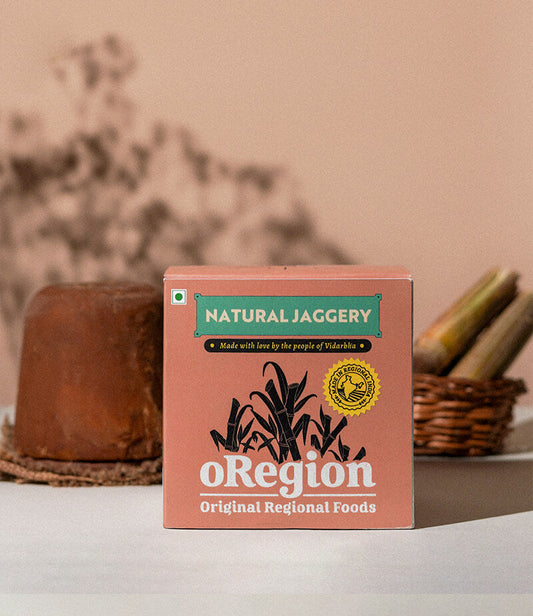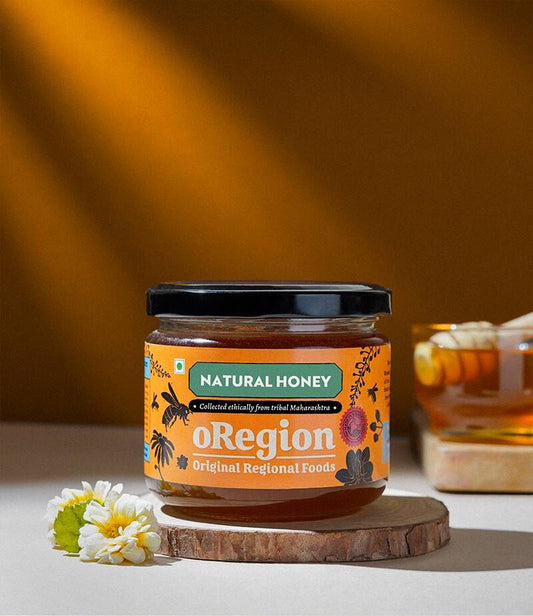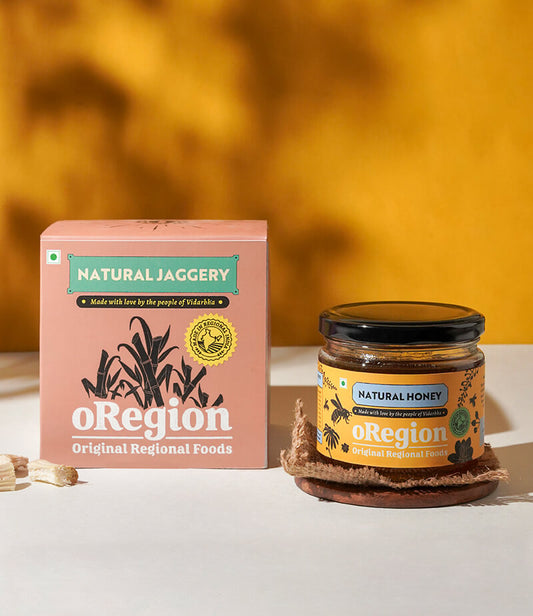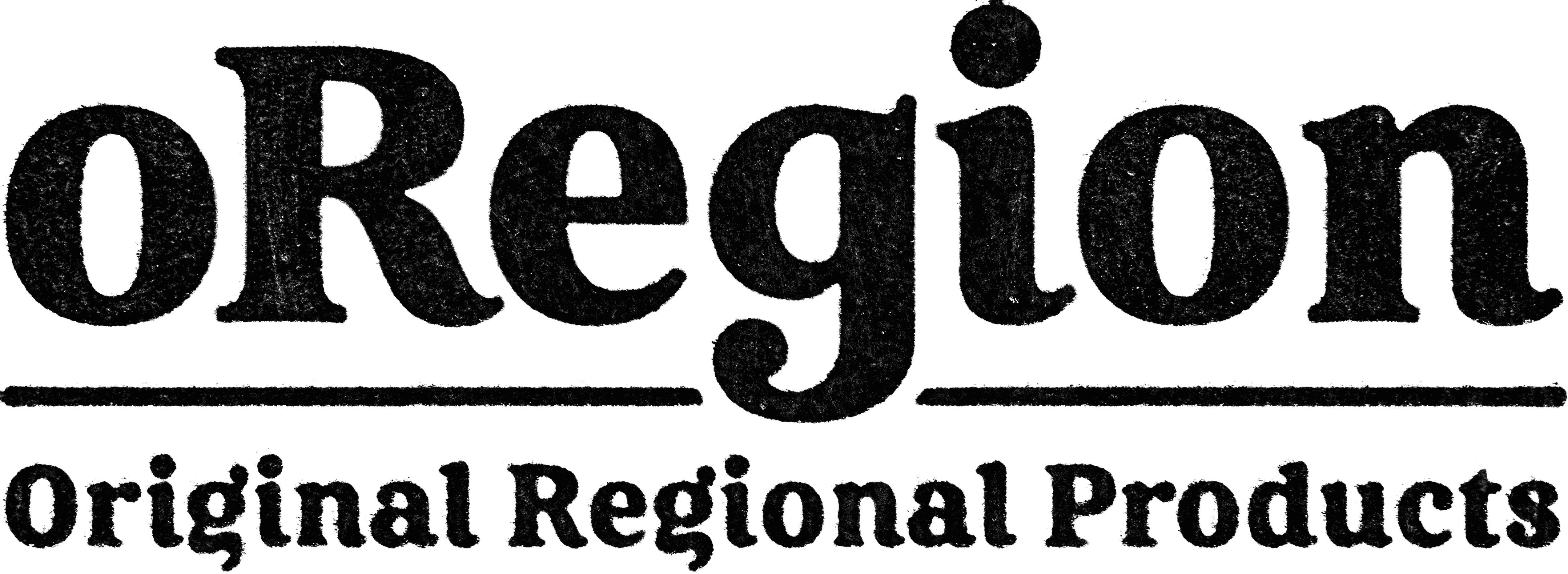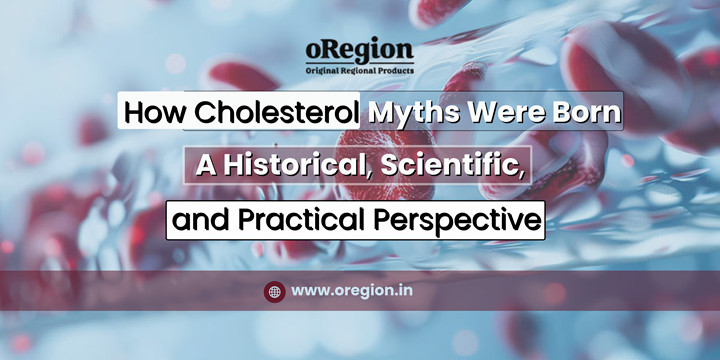
How Cholesterol Myths Were Born: A Historical, Scientific, and Practical Perspective
By oregion foodsCholesterol has long been misunderstood, demonized as the root cause of many health problems, particularly heart disease. This article explores the origin of cholesterol myths, backed by historical and scientific evidence, while offering practical insights into managing cholesterol effectively. Let's unravel the truth.
The Historical Origins of Cholesterol Myths
The misunderstanding of cholesterol began in the mid-20th century when studies linked dietary cholesterol to heart disease. The Seven Countries Study by Ancel Keys played a pivotal role in shaping public opinion. However, its methodology and conclusions have since been challenged, revealing selective data interpretation.
During this time, saturated fats were demonized, leading to a surge in low-fat diets. While these diets aimed to reduce heart disease, they inadvertently encouraged the consumption of processed foods high in sugar—a significant contributor to health problems. The food industry capitalized on this trend, introducing products labeled as “low-fat” but packed with unhealthy additives.
The Science of Cholesterol: Understanding Its Role
Cholesterol is a waxy substance vital for several bodily functions:
-
Cell Membrane Structure: Cholesterol is integral to cell membrane integrity.
-
Hormone Production: It is a precursor to hormones like estrogen, testosterone, and cortisol.
-
Vitamin D Synthesis: Cholesterol aids in the production of Vitamin D when skin is exposed to sunlight.
- Bile Production: It helps in digesting and absorbing dietary fats.
The distinction between “good” HDL (High-Density Lipoprotein) and “bad” LDL (Low-Density Lipoprotein) cholesterol oversimplifies the reality. Both types are essential, and their impact on health depends on particle size, oxidative stress, and lifestyle factors rather than mere numerical values.
Debunking Common Cholesterol Myths
Myth 1: Cholesterol from Food Directly Raises Blood Cholesterol
Contrary to popular belief, dietary cholesterol has minimal impact on blood cholesterol levels for most individuals. Instead, genetics and overall diet composition play a more significant role.
Myth 2: High Cholesterol Always Leads to Heart Disease
Cholesterol alone does not cause heart disease. Inflammation, oxidative stress, and other metabolic factors are key contributors. Elevated cholesterol may indicate an underlying issue but is not the sole culprit.
Myth 3: Low-Fat Diets Are the Best for Heart Health
Replacing saturated fats with refined carbohydrates has been shown to worsen health outcomes. Healthy fats, including those rich in Omega-3, are essential for maintaining cardiovascular health.
The Role of Flaxseed Oil and Omega-3 in Cholesterol Management
Why Choose Flaxseed Oil?
Flaxseed oil, also known as Alsi Ka Tel, is a rich source of Omega-3 fatty acids, particularly Alpha-Linolenic Acid (ALA). It provides numerous benefits:
-
Heart Health: Omega-3 fatty acids reduce inflammation and improve heart health by balancing cholesterol levels.
-
Versatile Usage: Flaxseed oil can be used as a dressing or drizzled over cooked foods, making it an excellent olive oil alternative or replacement.
- Vegan-Friendly: For those following a plant-based diet, flaxseed oil serves as a superior vegan Omega-3 option.
Benefits of Cold-Pressed Flaxseed Oil
Cold-pressed flaxseed oil retains its nutrients, offering:
-
Improved Cardiovascular Health: It aids in reducing LDL cholesterol levels and boosting HDL levels.
-
Skin and Hair Benefits: Regular use promotes hydration and elasticity.
- Enhanced Nutrient Absorption: Its natural composition helps the body absorb fat-soluble vitamins effectively.
For the best results, we recommend using oRegion Flaxseed Oil, which offers unparalleled quality and purity.
Exploring Mustard Oil’s Contribution to Cholesterol Health
Cold-Pressed Mustard Oil: A Nutritional Powerhouse
Mustard oil, especially Cold Pressed Mustard Oil, is rich in monounsaturated and polyunsaturated fats. These fats help:
- Reduce bad cholesterol (LDL)
- Improve good cholesterol (HDL)
- Maintain healthy blood pressure levels
The process of cold pressing ensures the retention of essential nutrients, making it an ideal choice for cooking. oRegion Cold Pressed Oil's is a standout product in this category.
Kacchi Ghani Mustard Oil: Traditional and Effective
The traditional method of extracting kacchi ghani sarso tel preserves its natural properties, ensuring better flavor and health benefits. This oil is also effective in balancing Omega-6 and Omega-3 fatty acids, crucial for overall health.
Wood-Pressed Groundnut Oil: A Healthy Alternative
Groundnut oil, especially Wood Pressed Groundnut Oil, is a versatile cooking oil that contributes to heart health. Its benefits include:
-
Rich in Unsaturated Fats: Promotes healthy cholesterol levels.
-
High Smoke Point: Ideal for frying and high-heat cooking.
- Pure and Organic Options: oRegion Groundnut Oil ensures purity and quality.
Why Choose Wood-Pressed Oils?
Unlike refined oils, wood-pressed oils retain antioxidants and essential nutrients, offering a healthier alternative. They are free from harmful chemicals, making them safer for long-term use.
Practical Tips for Incorporating Healthy Oils
-
Cooking: Use oils like flaxseed, mustard, or groundnut for stir-frying, sautéing, and dressing salads.
-
Supplements: Add cold-pressed flaxseed oil to smoothies or consume it directly for a nutritional boost.
-
Hair and Skin: Apply cold-pressed flaxseed oil or mustard oil for deep nourishment.
- Mix and Match: Combine different oils to enjoy a range of benefits.
Conclusion
Understanding the origins and implications of cholesterol myths empowers us to make informed health choices. Embracing nutrient-rich oils like flaxseed oil, mustard oil, and groundnut oil can improve cholesterol management and overall wellness. Opt for high-quality, cold-pressed options like those offered by oRegion to reap maximum benefits.

